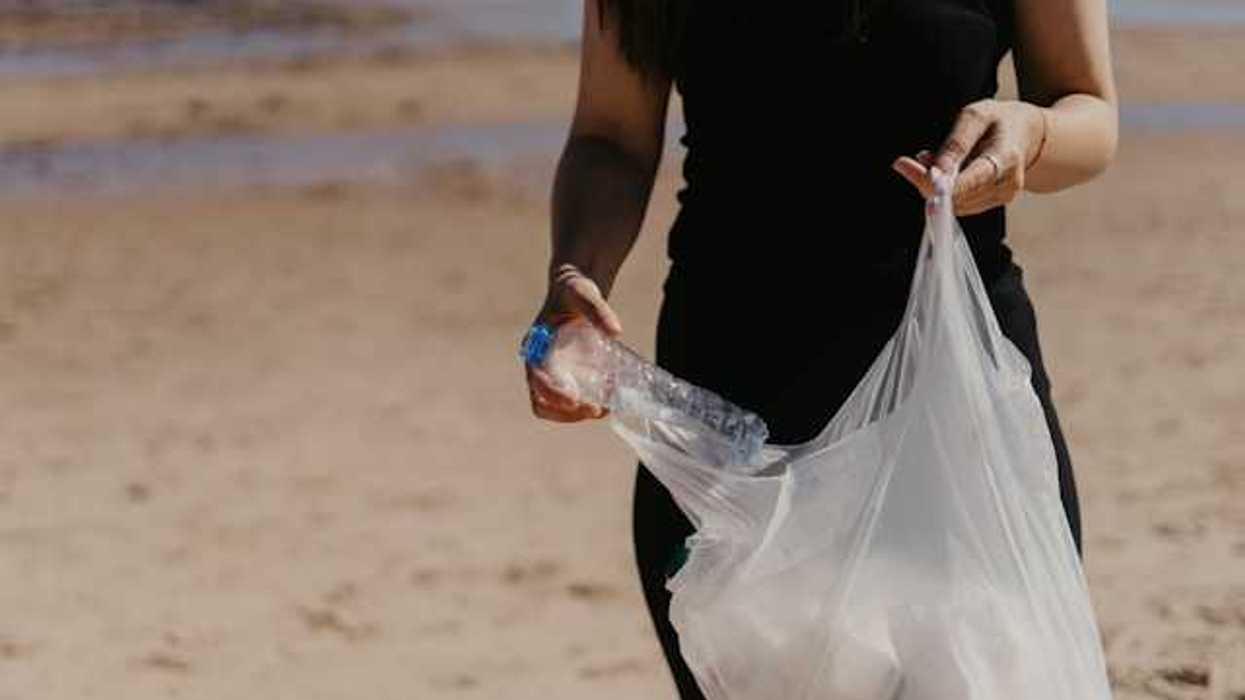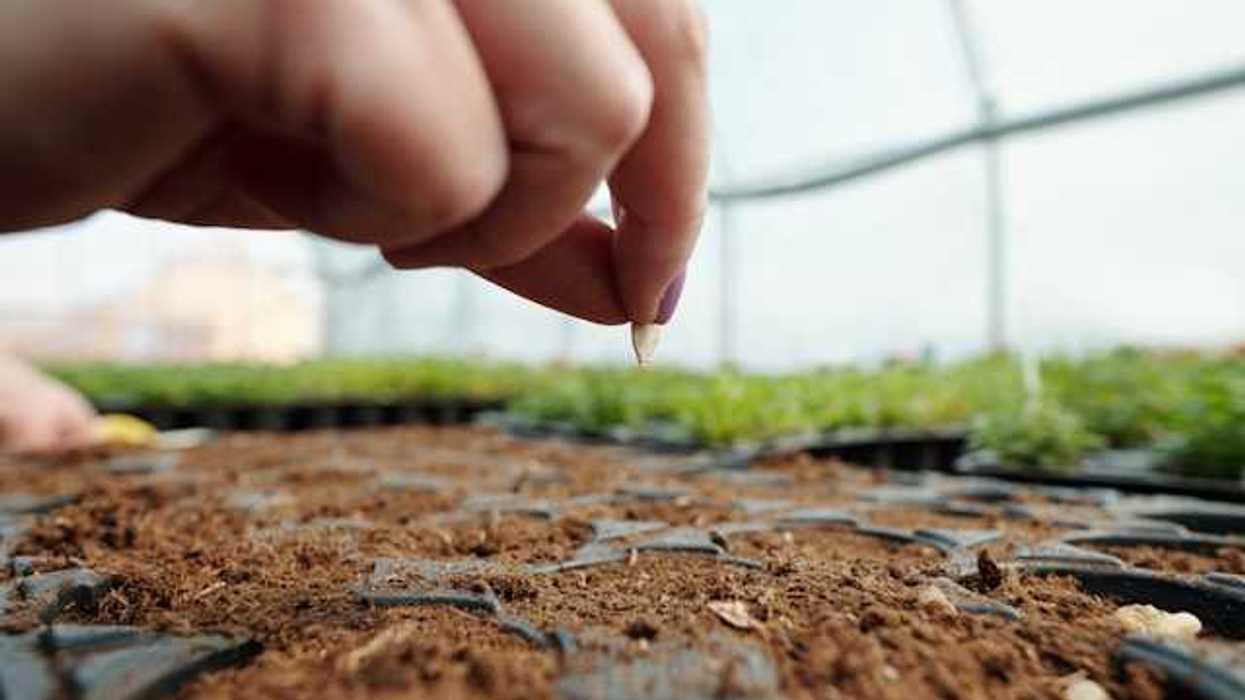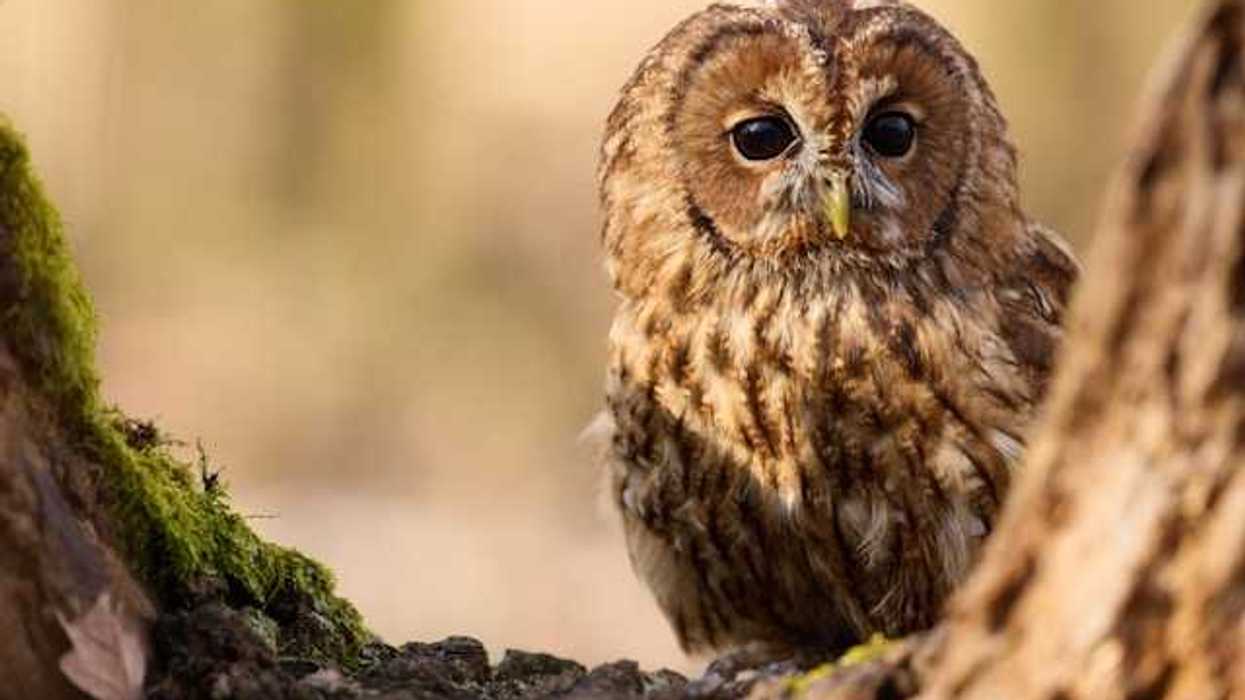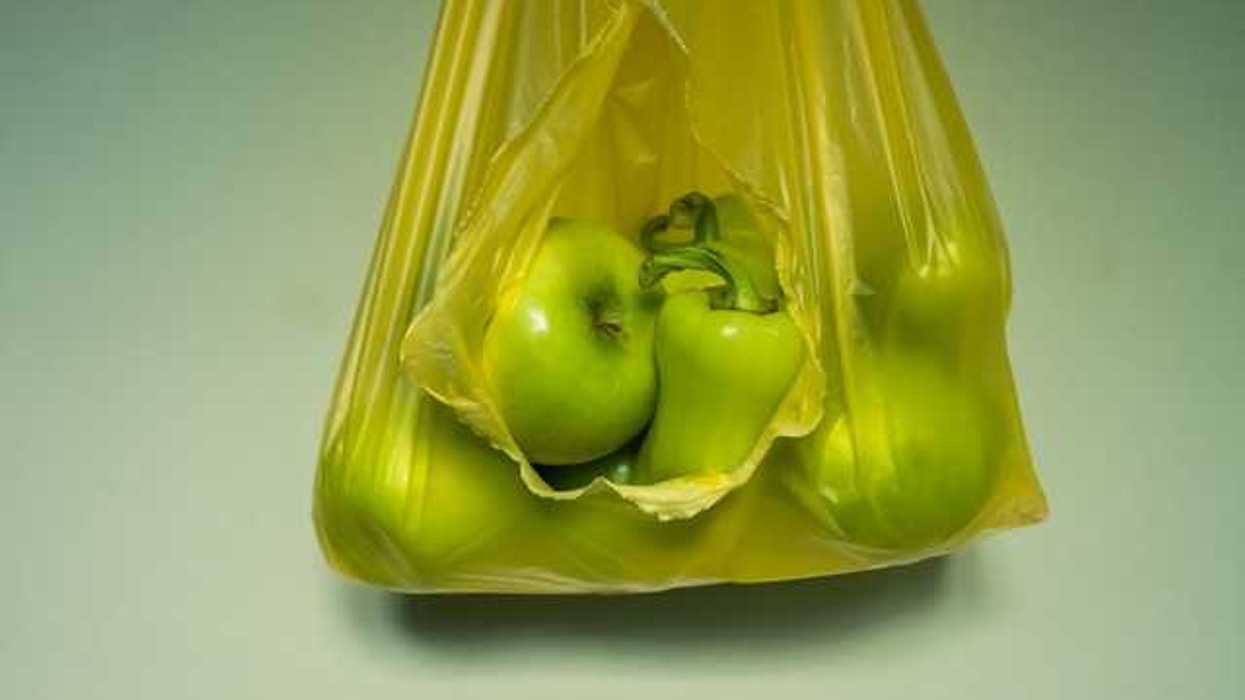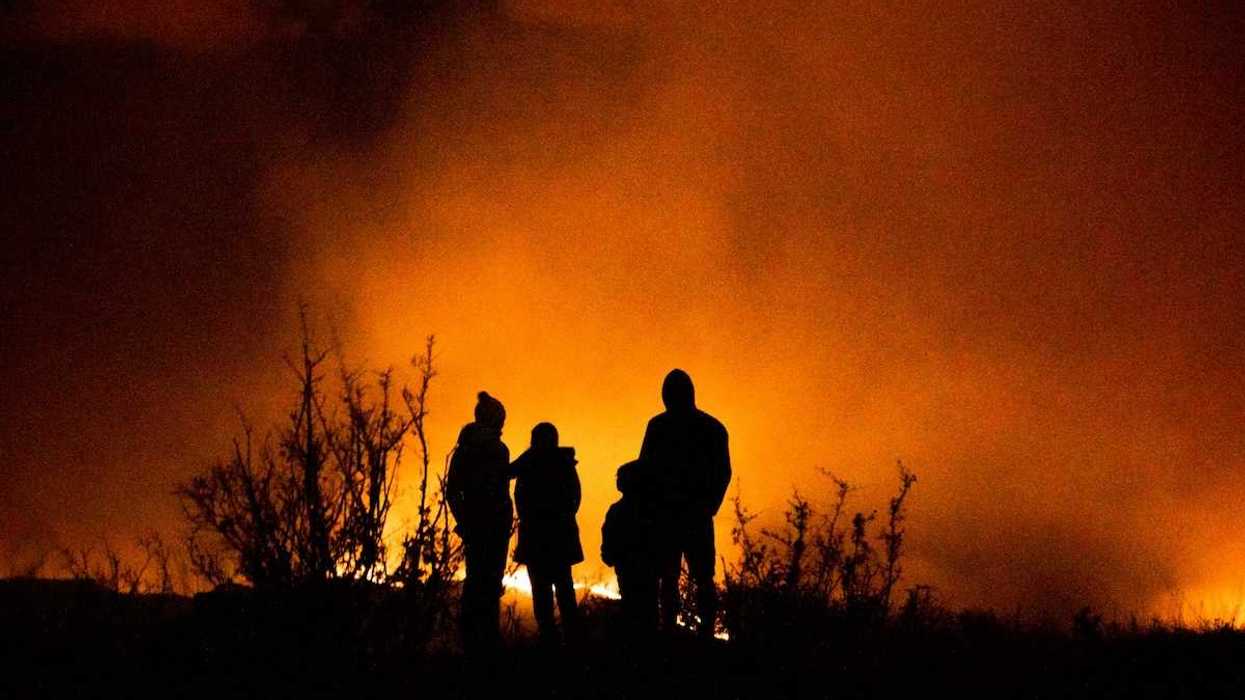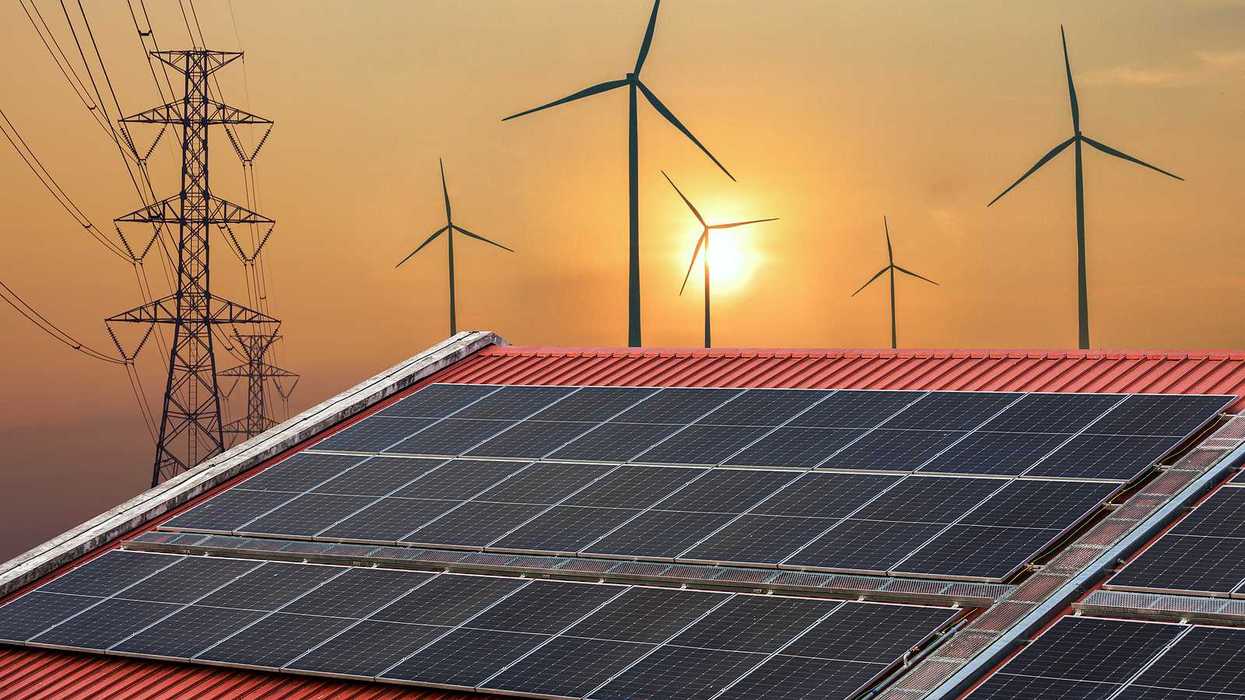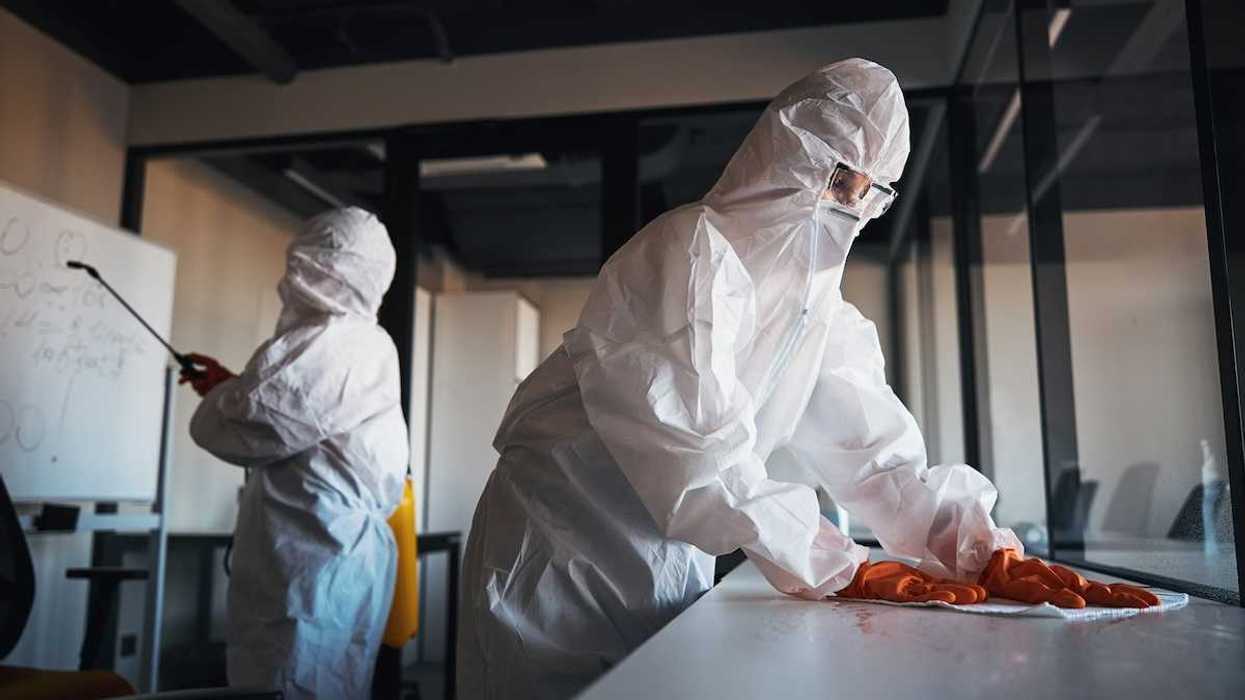A recent study published in Environmental Research found that adults with higher exposure to PFAS developed fewer antibodies after receiving their third COVID-19 booster.
In short:
- Although the results of this study weren’t statistically significant, this trend suggests that PFAS exposure may hamper immune response to vaccines in adults.
- Other studies have shown a statistically significant link between PFAS and immunotoxicity in children, including an increased risk of infection and a reduced antibody response after vaccines.
Key quote:
“While factors such as age, sex, and underlying health conditions have been studied extensively, research on the potential impact of environmental factors, such as PFAS exposure, on the SARS-CoV-2 mRNA vaccine response remain limited.”
Why this matters:
PFAS, which are used in everyday products, are associated with many severe health effects including an increased risk of cancer, liver and kidney damage, and developmental issues in babies and children. While associations are not as clear in adults as they are in children, there is also evidence that PFAS are linked to a reduced response to flu, hepatitis, and tetanus-diphtheria vaccines. The results of this study highlight the need for further research into the lesser-explored impacts of PFAS in order to develop policies and interventions that effectively address their harm to public health.
Related EHN coverage:
- More effective PFAS regulation requires broad production restrictions, scientists say
- Op-ed: After decades of disinformation, the US finally begins regulating PFAS chemicals
- 2024 could be a big year for PFAS bans: Report
More resources: On Oct. 10th, 2024 Europe’s Health and Environment Alliance (HEAL) will be hosting a webinar with Professor Philippe Grandjean on PFAS’ impacts on the immune system. In addition to this study, Dr. Grandjean has authored numerous additional articles on PFAS and vaccine response. Information here.
Timmermann, Amalie et al. for Environmental Research vol. 263, 1. Dec. 15, 2024- Getting COVID and flu vaccines together is better, study suggests ›
- The long shadow of COVID-19 myths ›





